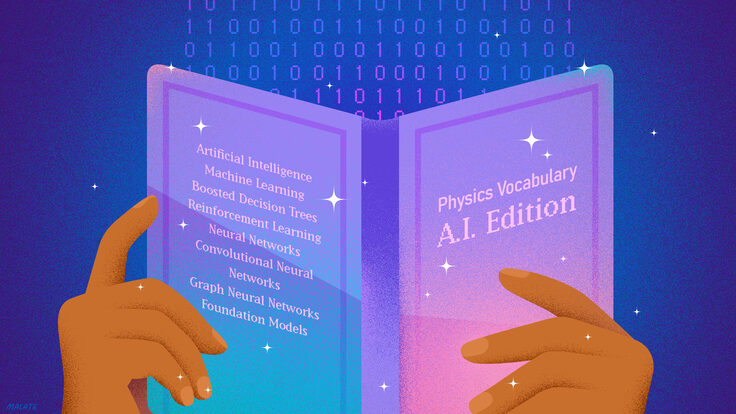Remember life before the Internet, back when you regularly used a phone book for something other than correcting the height of your computer monitor? In the future, people may ask the same question about the days before cloud computing.
Chances are, you use cloud computing already. You can access messages on your Gmail account at any time from any computer connected to the internet. But if someone were to take off with your personal laptop, they would never find those emails on your hard drive--because Google stores them for you. And even if you lose all of the pictures and videos stored on your computer, the ones you loaded onto Flickr and YouTube will still be there the next time you sign on.
Cloud computing allows users to store data and applications on a large, centralized supercomputer or network, like the one Google operates. In an ideal cloud-computing world, all you would need to access any program or data you wanted would be laptop with a processor, keyboard, and monitor--no local hard drive necessary. You could load photos from your camera straight onto the Web and use a photo-editing application stored on the cloud to fix the red-eye.
Universities and national laboratories such as Argonne and Fermilab have been some of the first institutions to take advantage of shared data storage and computing power through organizations like the Open Science Grid. The press and the blogosphere have debated the merits of grid computing versus cloud computing, but the two are in many ways complementary, we reported in symmetry breaking last year.
Cloud computing is about to hit the mainstream in a major way, according to Michael Nelson, a professor at Georgetown university and former science adviser to Al Gore. Nelson recently advised President Barack Obama's campaign team on innovative uses of IT.
"We are entering the next phase of computing," Nelson said in a presentation at the AAAS conference in Chicago. "The next two or three years will define the next generation of the Internet."
Nelson predicted that 100 billion devices will connect directly to the Web within five years. Data will move from iPhones, video cameras and even dog collars outfitted with GPS trackers straight to the Internet. Within a decade, 80 percent of computing will take place in a cloud, he said.
The new computing model will raise a slew of issues involving privacy, security, copyright, liability, and competition, Nelson said. But then again, you probably never thought you would be able to use the Web to transfer money from your savings account to checking or to watch the latest episode of "Desperate Housewives."







